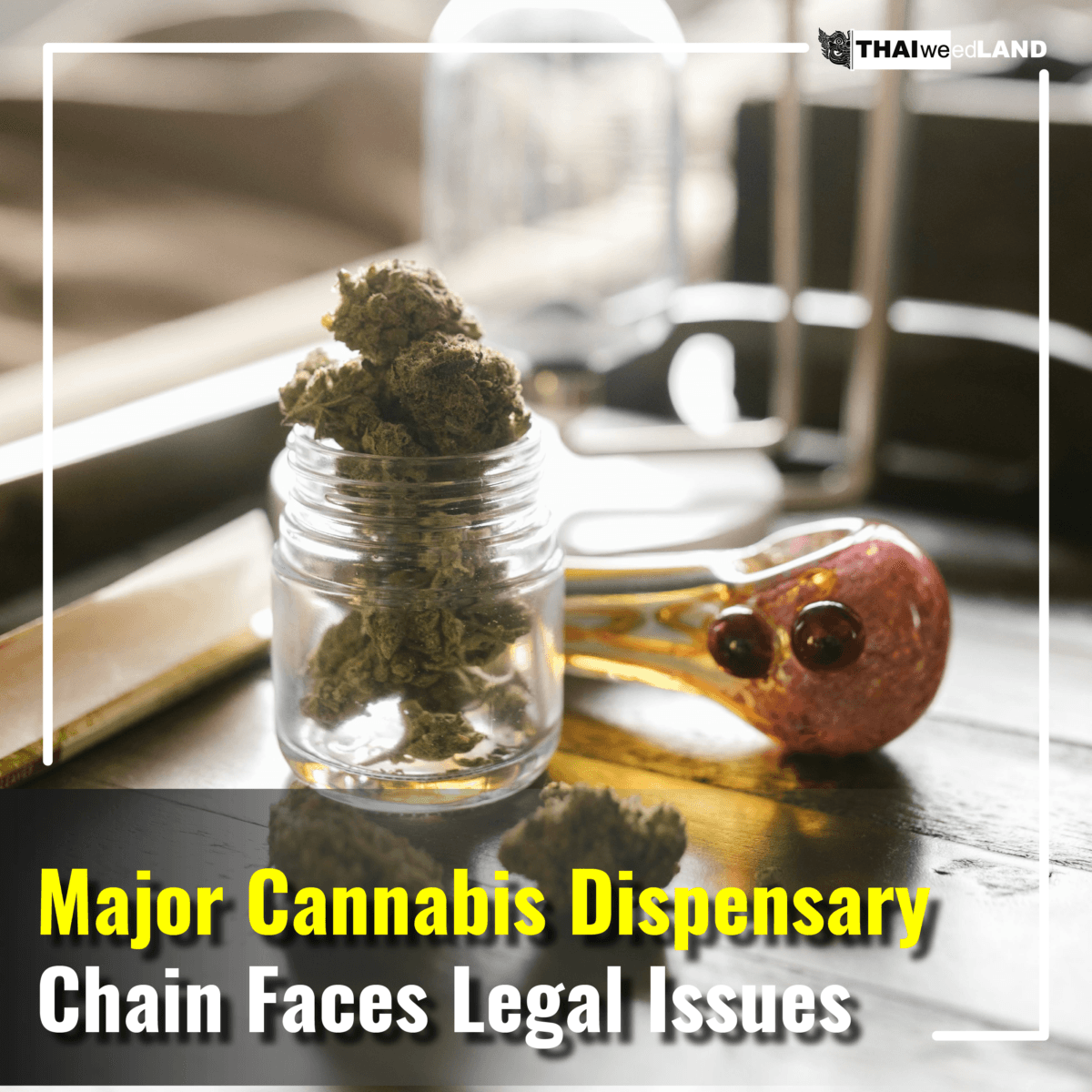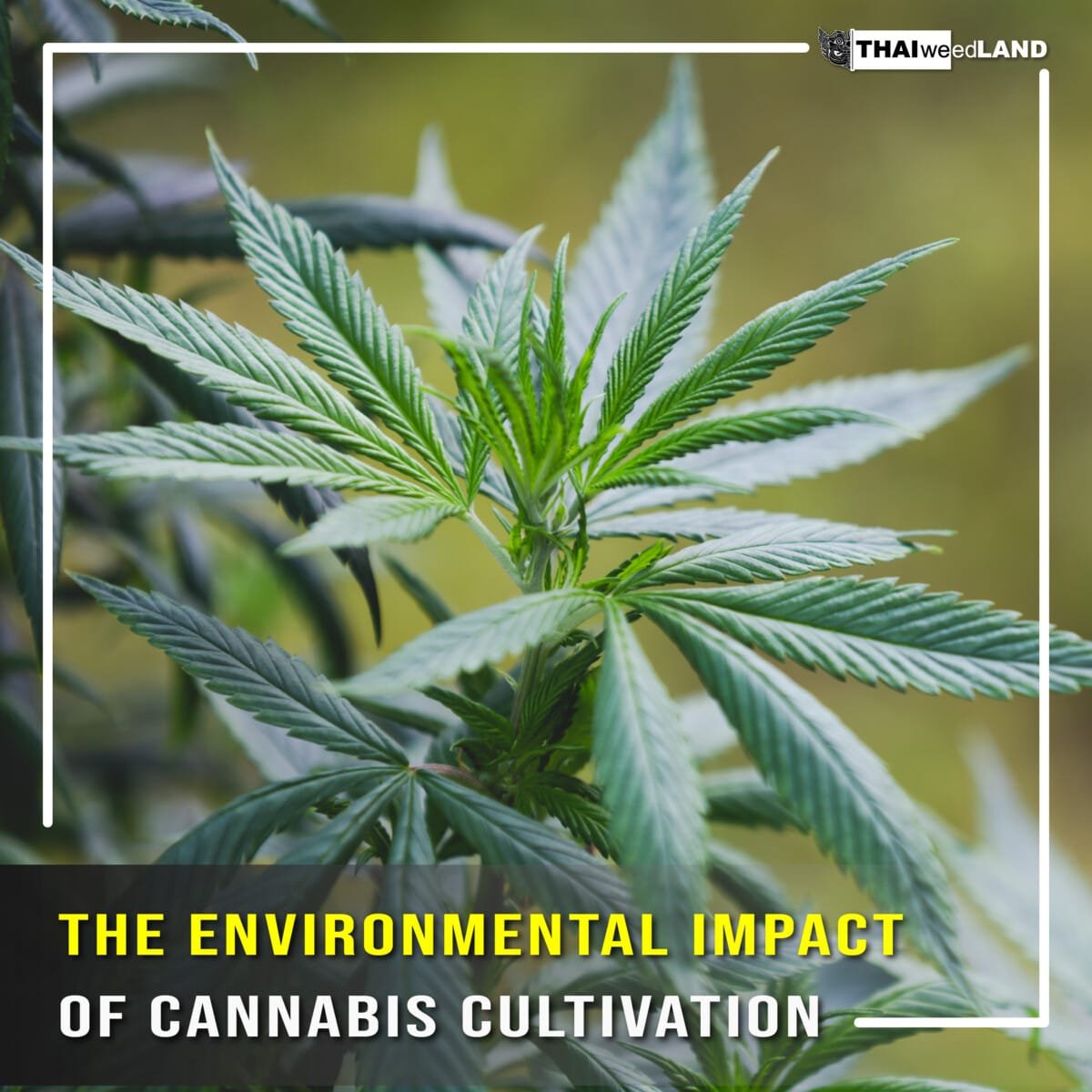The Evolution of Cannabis legalization has undergone a significant transformation over the past few decades, driven by changing perceptions, medical discoveries, and evolving social norms. This evolution is marked by a gradual shift from strict prohibition to varying degrees of decriminalization and legalization across the globe. Here’s an overview of the journey of cannabis legalization from a global perspective
Early Prohibition and Stigmatization
Historical Use
Cannabis has been used for medicinal, recreational, and industrial purposes for thousands of years. Ancient civilizations in Asia, the Middle East, and Africa cultivated cannabis for its psychoactive and therapeutic properties.
Early 20th Century Prohibition
In the early 20th century, many countries began to prohibit cannabis due to rising concerns about its psychoactive effects and associations with crime. The United States played a pivotal role in the global prohibition movement, with the 1937 Marijuana Tax Act effectively criminalizing cannabis. This period saw the plant become heavily stigmatized, with strict penalties for possession and use.
International Treaties
The 1961 Single Convention on Narcotic Drugs, spearheaded by the United Nations, further cemented the global prohibition of cannabis. Countries that signed the treaty agreed to classify cannabis as a Schedule IV drug, indicating a high potential for abuse and no recognized medical use.
The Shift Towards Decriminalization and Medical Use
Rising Counterculture
The 1960s and 1970s witnessed a counterculture movement that challenged the status quo, including cannabis prohibition. Public perception began to shift as more people advocated for personal freedom and questioned the rationale behind strict drug laws.
Medical Discoveries
The 1980s and 1990s brought renewed interest in the medicinal properties of cannabis. Research highlighted its potential benefits in treating conditions such as chronic pain, epilepsy, and multiple sclerosis. This scientific evidence provided a compelling argument for the medical use of cannabis.
Early Legalization Efforts
The Netherlands pioneered cannabis decriminalization in the 1970s by allowing the sale and consumption of small amounts in licensed coffee shops. In 1996, California became the first U.S. state to legalize medical cannabis through Proposition 215, setting a precedent for other states and countries to follow.
Contemporary Legalization Trends
North America
- United States: The U.S. has seen a patchwork of state-level legalization, with Colorado and Washington becoming the first states to legalize recreational cannabis in 2012. As of 2024, over 30 states have legalized medical cannabis, and nearly 20 have legalized recreational use. Despite state-level progress, cannabis remains illegal at the federal level.
- Canada: In 2018, Canada became the second country in the world to fully legalize cannabis for both medical and recreational use, following Uruguay.
Europe
- Portugal: Decriminalized all drugs in 2001, including cannabis, focusing on treatment rather than punishment for drug users.
- Spain: Allows private cannabis clubs where members can cultivate and consume cannabis.
- Germany: Announced plans in 2021 to legalize recreational cannabis, reflecting a broader trend towards liberalization in Europe.
Latin America
- Uruguay: Became the first country to fully legalize cannabis in 2013, including production, sale, and consumption.
- Mexico: Decriminalized small amounts of cannabis in 2009 and, in 2021, moved towards full legalization for recreational use.
Asia
- Thailand: In 2018, Thailand became the first Southeast Asian country to legalize medical cannabis, a significant shift in a region known for its strict drug laws.
- Israel: A global leader in medical cannabis research, Israel has made significant strides in expanding access to medical cannabis.
Oceania
- Australia: Legalized medical cannabis at the federal level in 2016, with recreational use decriminalized in some regions.
- New Zealand: Decriminalized medical cannabis in 2018, although a 2020 referendum on recreational legalization narrowly failed.
- Global Challenges and Future Outlook
Regulatory Discrepancies
One of the primary challenges in cannabis legalization is the varying regulatory frameworks across different jurisdictions. Countries and states differ in their approaches to cultivation, distribution, and consumption, leading to a complex global landscape.
Social and Economic Impacts
Legalization has brought significant economic benefits, including job creation, tax revenue, and investment opportunities. However, it also raises concerns about public health, safety, and social equity. Ensuring that legalization benefits all communities, especially those disproportionately affected by past drug laws, remains a critical issue.
The evolution of cannabis International Treaties and Policies
Global cannabis policy is still influenced by international treaties like the Single Convention on Narcotic Drugs. As more countries move towards legalization, there may be increasing pressure to reform these treaties to reflect contemporary views on cannabis.
Conclusion
The evolution of cannabis legalization reflects broader changes in societal attitudes, scientific understanding, and policy priorities. While significant progress has been made, the journey towards global acceptance and regulation of cannabis is ongoing. As countries continue to navigate this complex landscape, the focus will likely remain on balancing public health, safety, and economic benefits while addressing the legacy of past prohibition policies.





